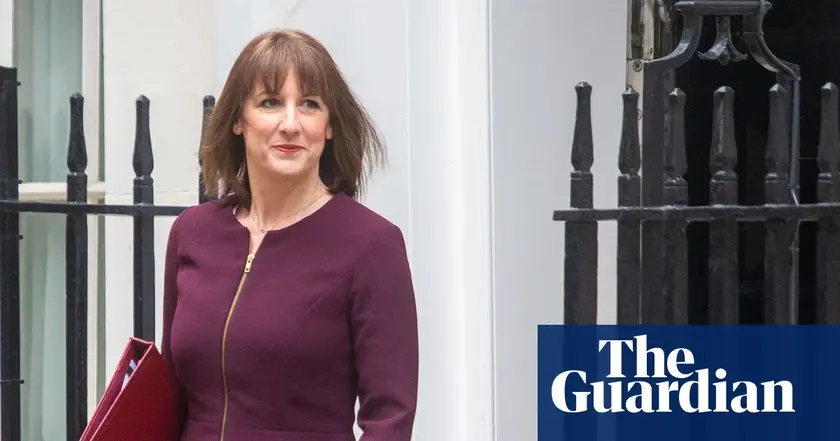T4K3.news
Tax policy under pressure in autumn Budget
Labour faces pressure to raise taxes again as it tries to fix weak public finances.
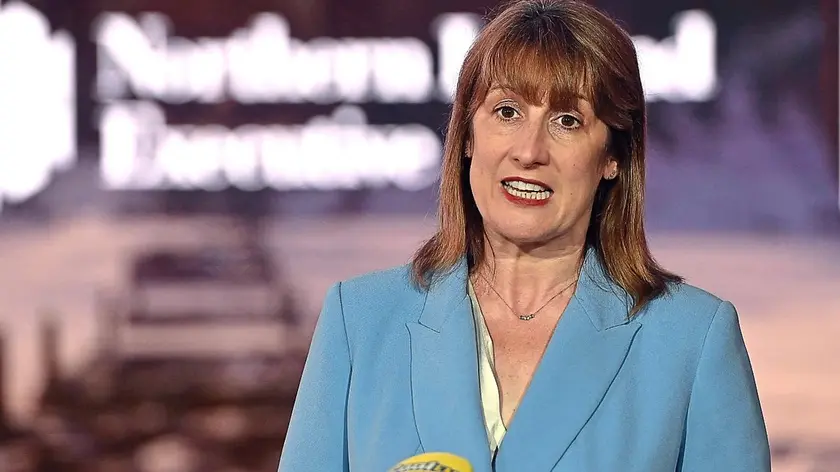
An editorial look at Labour's record July tax take and the politics of potential further levies.
Labour hits record July tax haul with Reeves eyeing middle class levy
Labour recorded a July tax haul of £100 billion, the highest for the month. The gain was helped by an employer national insurance levy that raised receipts by £2.6 billion versus last year, with £9.5 billion more for the financial year to date. Borrowing in July fell to £1.1 billion, from £3.4 billion a year earlier, but total borrowing from April to July remains at £60 billion, £6.7 billion higher than 2024. Britain’s debt stands at £2.89 trillion, equal to about 96% of GDP, and debt service costs have reached £41 billion this year. Spending growth driven by civil service pay rises and a rising welfare bill keeps the fiscal picture fragile.
Economists expect further tax action in the autumn Budget as ministers face a funding gap of around £50 billion to meet fiscal rules. Speculation centers on possible taxes touching the middle classes, such as property tax, pension lump sums, inheritance tax, or a freeze in income tax thresholds. Critics say the public finances remain weak after recent welfare reforms and that markets could punish new borrowing unless a credible plan is shown. The gilt market, a barometer for government borrowing costs, has grown firmer, underscoring the pressure on the chancellor to balance books while supporting growth.
Key Takeaways
"The big picture remains that the public finances are in chronically weak condition."
Elliott Jordan-Doak, Pantheon Macroeconomics
"Today's release does little to brighten the gloomy outlook ahead of the Budget later this year."
Alex Kerr, Capital Economics
"Most of that will have to be funded by tax rises."
Alex Kerr, Capital Economics
"Far too much taxpayer money is spent on interest payments for the longstanding national debt."
Darren Jones, Chief Secretary to the Treasury
The numbers reveal a political and economic tightrope. Record tax intake buys time for the government but cannot hide deeper issues like slow productivity and a heavy debt load. The risk is political: more tax pressure could fuel public backlash and erode trust in fiscal credibility. Yet taxes alone cannot guarantee growth without reforms that lift productivity and investment. The autumn Budget will reveal whether Labour couples spending aims with a credible growth strategy or doubles down on tax measures that could slow hiring and dampen demand.
Policy U turns and welfare changes have left investors cautious about the strength of Labour’s plans. If Reeves leans on new levies, she must demonstrate how revenue translates into better public services without choking the recovery. The long-term test is whether a credible, growth-friendly path can emerge from a period of tax volatility and rising debt costs.
Highlights
- Chronically weak finances demand a steady hand not quick tax hikes.
- Debt costs rising will force tough choices in the autumn Budget.
- Tax rises to fund borrowing should come with growth plans.
- Markets watch the plan and the plan must prove credible.
Budget and political risk from tax policy
The article highlights sensitive political debate over taxation and public spending. Any new taxes or shifts in welfare policy could trigger public reaction and investor concerns if viewed as heavy-handed or poorly targeted. The autumn Budget will test fiscal credibility and growth strategy.
The coming budget will show how far politics will shape the economy in a fragile moment.
Enjoyed this? Let your friends know!
Related News

UK economy grows as PMI rises WH Smith slides on accounting error
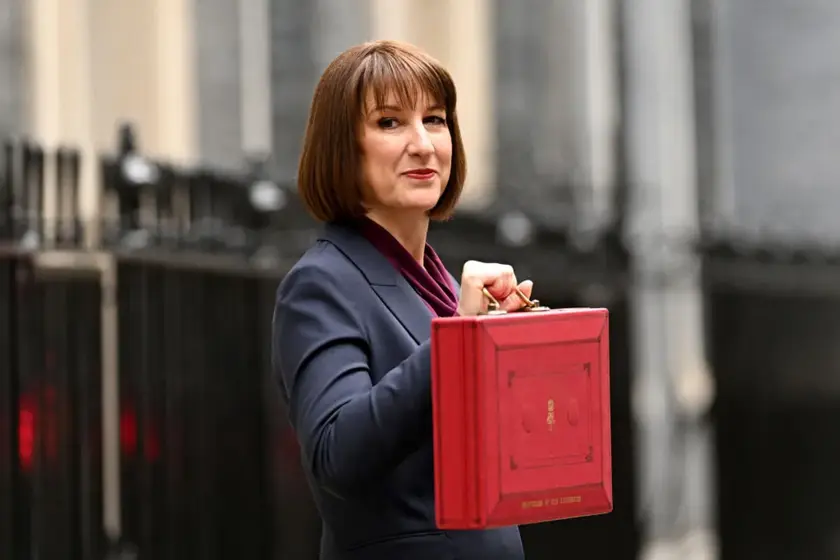
Business leaders urge Reeves on Autumn Budget

Pension triple lock tests Reeves

UK July retail gains seen but policy risk looms
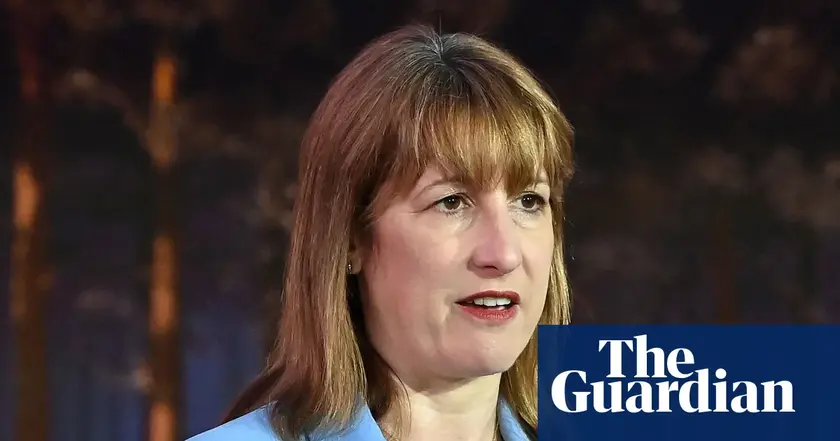
UK borrowing slows in July as Reeves gains room ahead of budget
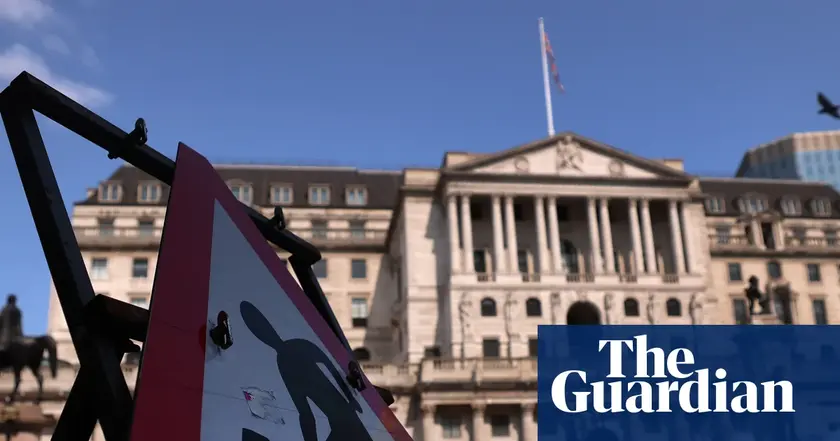
Bank of England prepares for significant interest rate cut
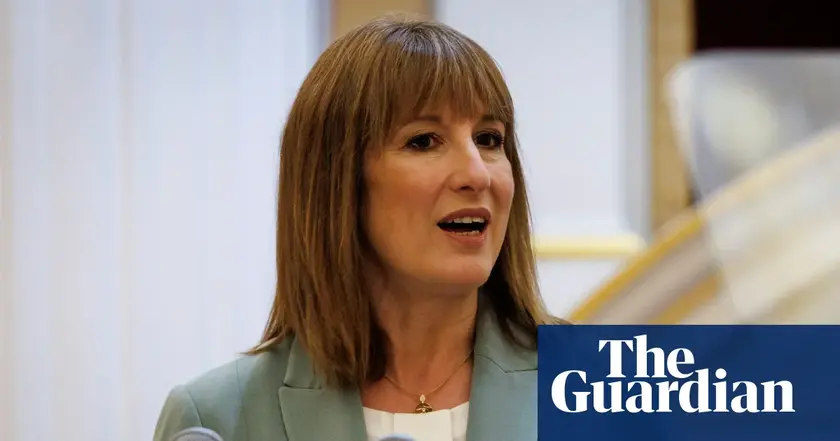
UK borrowing rises unexpectedly putting pressure on Chancellor

Reeves' tax policies push up food prices
